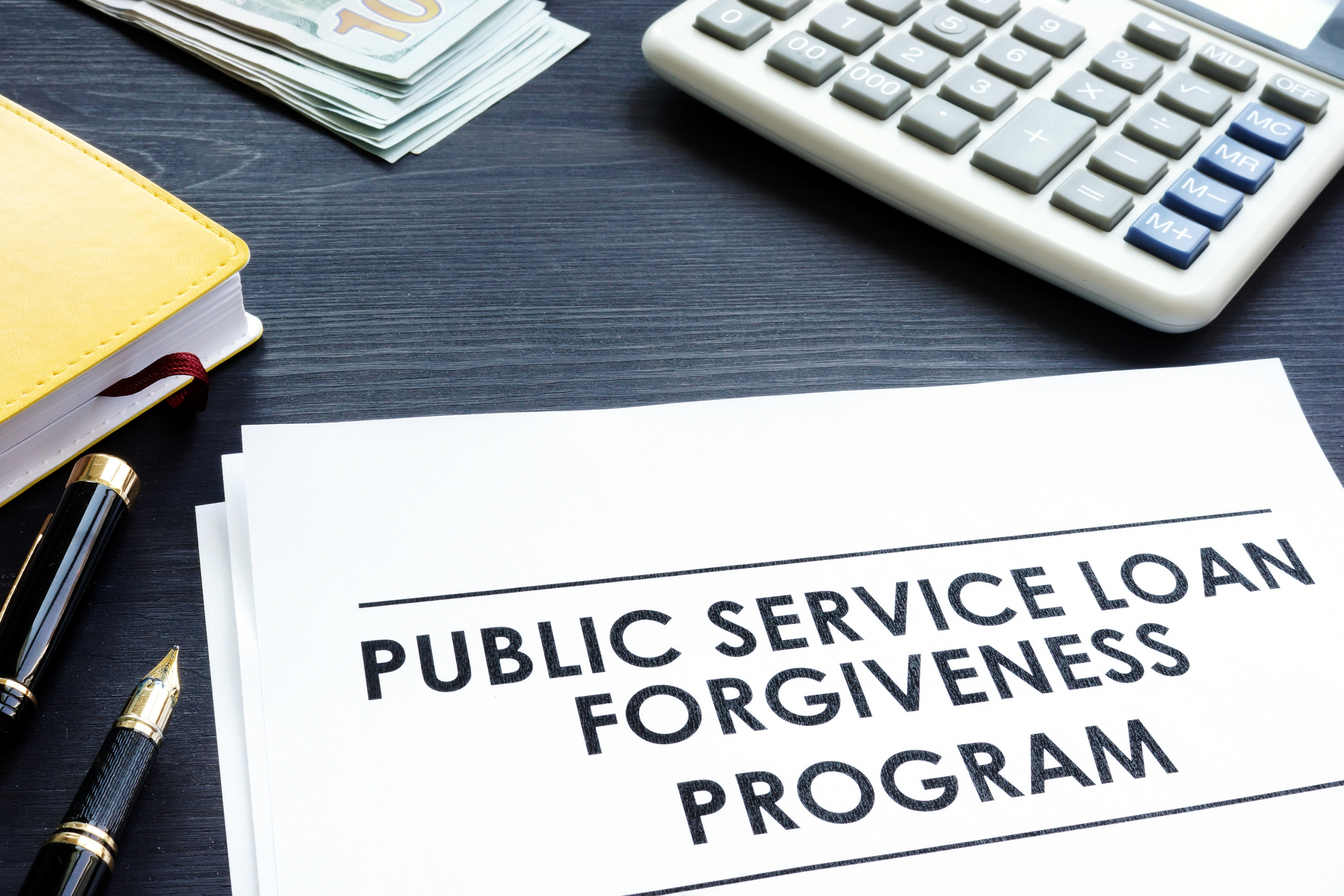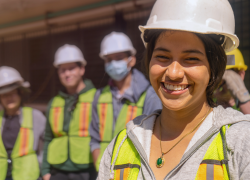
At the U.S. Department of Labor, we work to ensure a just day’s pay for workers, protect workers’ health, retirement, unemployment and other benefits, and build pathways to connect workers to good jobs. This work is as demanding as it is wide-ranging, and it wouldn’t be possible without the dedication and commitment of our nearly 15,000 department employees across the country and around the world. My colleagues make advancing the department’s mission possible, and I’m honored to serve alongside them every day.
An estimated 21 million individuals in the U.S. workforce are public service employees, including those at the department. America’s public servants are educators, first responders and health-care workers, military personnel, local, state and federal government employees, and nonprofit workers: They all provide essential services to our communities and economy. Public servants are asked to work with ever-shrinking resources and under increasingly unpredictable and challenging conditions.
Those who seek out public interest careers in government and across the nonprofit sector are all united by a passion for making a difference. We find deep fulfillment in doing work that advances justice and equity, like we do at the department.
My own public service journey began in California, where after graduating from law school I brought my education home to work at Asian Americans Advancing Justice L.A., a nonprofit civil rights organization. My clients were some of the lowest paid workers in our economy. It was in this job that I learned the importance of working alongside vulnerable communities to understand and listen to their needs. I’ve shared some of the ways that work impacted me. Today, the lessons I learned — about how to make the law meaningful and real, about supporting workers in realizing their power, about building a team of brilliant, committed people willing to work selflessly for a common mission, and about the significant ways limited resources can be stretched to accomplish big things — help guide me in my role as deputy secretary.
One of the top priorities Secretary Walsh and I have for the department is to grow our workforce, so we can continue to advance our mission. We are hiring, and I hope you’ll consider joining our team! If you want to help make sure every worker who gets up to go to work comes home safely at the end of the day, come work with us. If you care about ensuring all jobs are good jobs and every community has access to those jobs, come work with us. If you want to support people who’ve been incarcerated to get a second chance, or ensure that people who live in poverty can build a way out, and that workers who fall on hard times have a safety net, come work with us. Working in the federal government, you can affect institutional policies and practices that profoundly change people’s lives. Your voice can help make sure government works for workers, families and communities, especially those who have been forgotten before.
But building a strong and resilient team isn’t just about hiring: Across the Biden-Harris administration, we’re focused on making government careers sustainable and on attracting and retaining talent. And we’re aware of the sacrifices workers across the government and in nonprofits make to serve, such as carrying more student debt than their private-sector peers.
That’s why we're committed to ensuring as many public servants as possible take advantage of the Public Service Student Loan Forgiveness program, also known as PSLF. This is a program that, for many, is nothing short of life-changing.
Take for instance my colleague Chris Williamson, who leads our Mine Safety and Health Administration. Chris was raised by his grandfather who encouraged him to study hard, do well in school and pursue higher education. But like many first-generation college students from working-class backgrounds, he had to borrow money to pay for school. When Chris learned about the PSLF, he saw a path forward to pursuing his dream of a career in public service: He graduated from the West Virginia University College of Law and began a career dedicated to protecting workers’ rights. About a year ago, after 11 years in public service, Chris made his 120th qualifying loan payment and had the remainder of his loans forgiven under PSLF. Chris credits this program for changing both his education and career trajectory and is thankful for what it did for his family.
And just like Chris, many other public sector and nonprofit employees are eligible for loan forgiveness — and a new waiver is making the process even easier.
Under the PSLF, the remaining balance on federal student loans is forgiven after 120 qualifying monthly payments are made. The PSLF waiver allows borrowers to gain additional PSLF credit, even if they had been told previously they had the wrong loan type or the wrong repayment plan.
All eligible employees with federal student loans should apply for the Public Service Loan Forgiveness Waiver. Here’s how it works:
The waiver gives borrowers credits for past periods of repayment on federal student loans – even loans that would otherwise not qualify for PSLF (i.e., Federal Family Education Loans, Federal Perkins Loans, Federally Insured Student Loans, National Defense Student Loans, and other types of federal loans that are not Direct Loans– as long as the borrower consolidates into a federal Direct Loan.
Past periods of repayment will now count whether or not you made that payment on time, for the full amount due, or on a qualifying repayment plan.
And the time to act is now: The deadline to apply is October 31, 2022! Public and nonprofit employees keep our country moving forward, and I’m honored to be part of this incredibly dedicated workforce and to help spread the word about this important way to say thank you and honor your service.
Julie Su is the deputy secretary of labor.

 U.S. Department of Labor Blog
U.S. Department of Labor Blog
